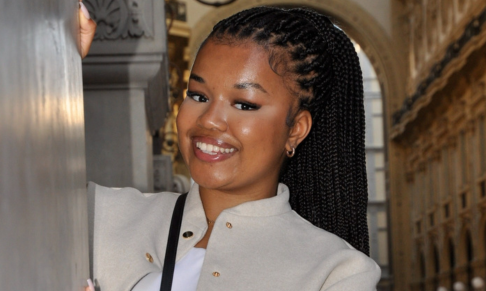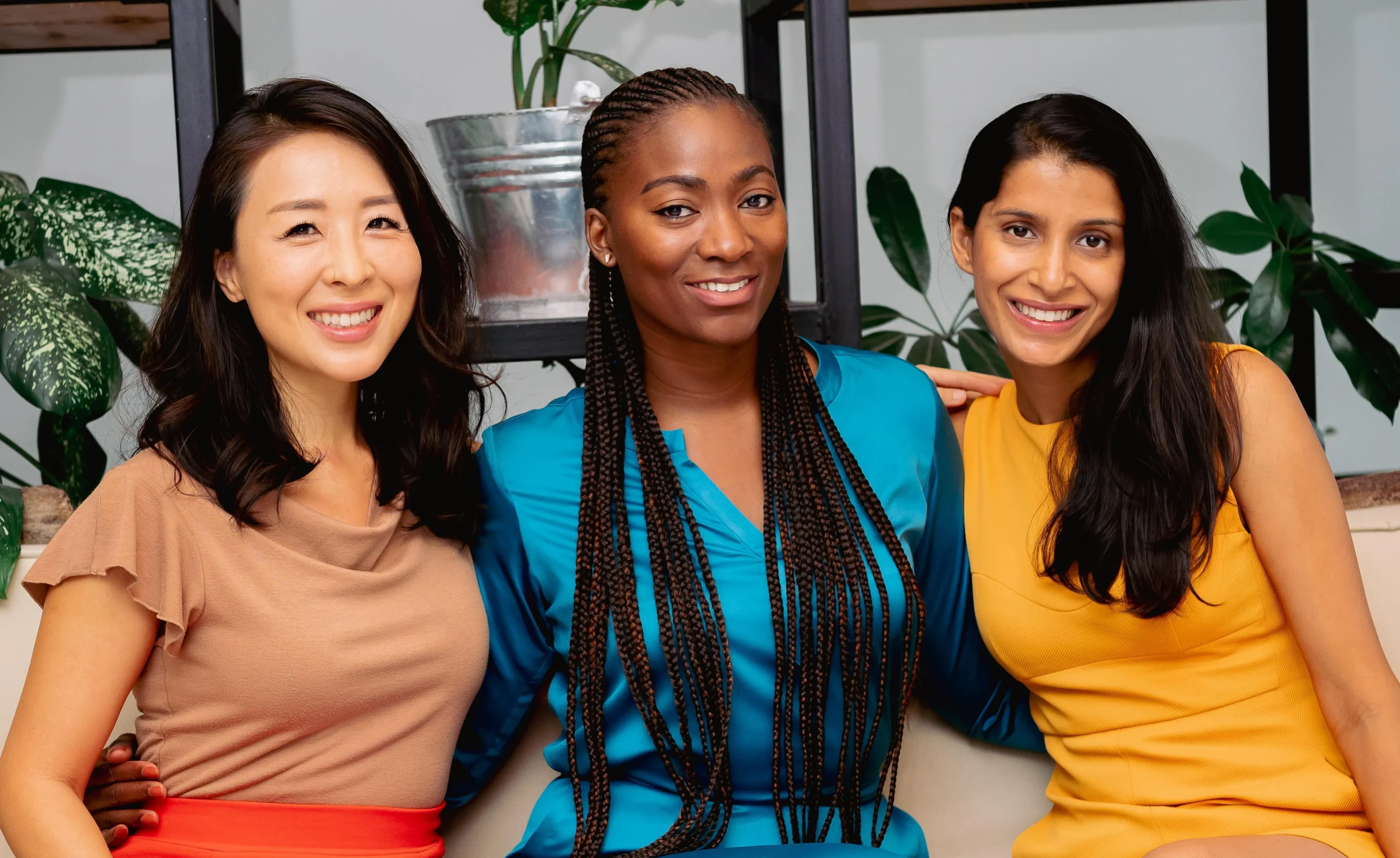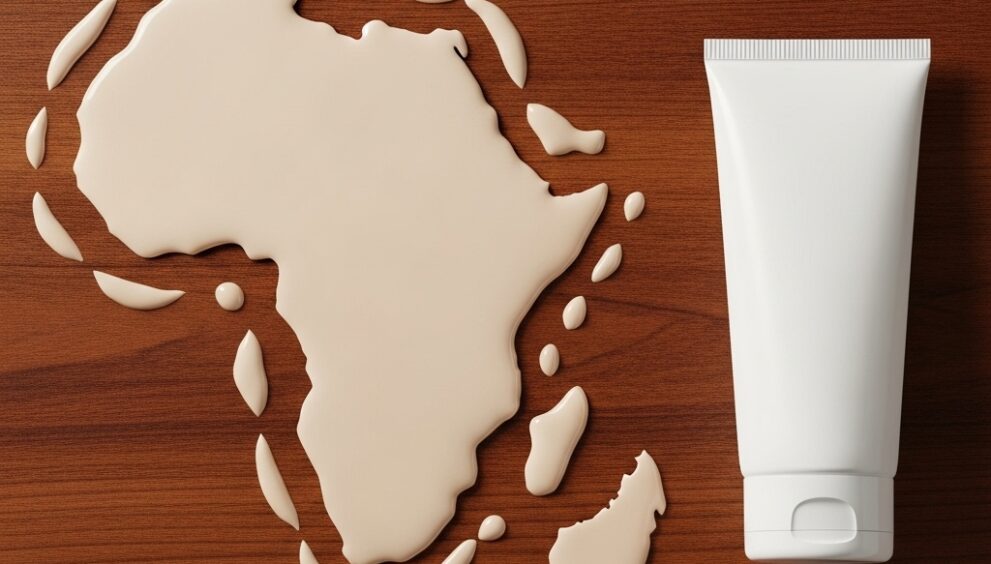
“ From tailored skin care to textured hair care, African brands are blending science, tradition and sustainability to lead one of the fastest-growing beauty sectors worldwide ”
Nyima Jobe
Africa’s beauty and personal care (BPC) sector is in the midst of a transformative boom, redefining global perceptions of the continent’s markets and unleashing an era of homegrown innovation. What was once dismissed as a niche or underdeveloped region has emerged as a magnet for international investment, domestic start-ups and cutting-edge research, propelling the continent toward an anticipated US$5 billion expansion between 2021 and 2026.
Behind these striking figures lies a constellation of market forces that distinguish Africa from other emerging economies. Global consultancy Mintel has documented a pronounced surge in demand for formulations specifically designed for melanated skin and textured hair; needs long overlooked by multinational brands.
Rather than retrofitting existing products, local innovators are harnessing indigenous botanicals, traditional processing techniques and novel delivery systems to address pigmentation, moisture retention and scalp health in ways that resonate culturally and clinically. This deep understanding of African physiologies and aesthetic preferences underpins a new wave of efficacy-driven offerings.
The dynamics fueling this revolution fall into three interwoven themes. First, there is an unmistakable pivot toward science-backed, culturally attuned formulations. Formulators are partnering with universities and independent laboratories to isolate active compounds from baobab, marula, shea and other native sources, testing their stability, bioavailability and synergistic effects with modern excipients.
Consumers, empowered by social media and digital communities, demand transparency around ingredient provenance and clinical validation. Brands that fail to substantiate their claims risk rapid backlash on regional platforms where word of mouth travels swiftly.

Second, regional divergence underscores Africa’s heterogeneity. While West Africa’s markets may prize deep moisturization and soot-soothing treatments for high-pigment complexions, East African consumers often prioritize lightweight, UV-protective serums suited to equatorial climates.
Southern markets, influenced by both European heritage and robust diaspora ties, show growing appetites for anti-aging and barrier-repair technologies. Multinationals and home-grown players alike are responding with hyper-localized lines, sub-brands and co-creations that speak directly to varied linguistic, cultural and lifestyle contexts.
Third, a new breed of hybrid brands is emerging, ones that marry local heritage with global best practices. Uncover, a Kenya-based upstart, raised US$1.4 million in its latest funding round to scale proprietary extraction techniques and expand distribution into the Democratic Republic of Congo.
Its success has emboldened a cohort of entrepreneurs to plot cross-border growth strategies, forging partnerships with established retailers and digital platforms. This hybrid model leverages global supply chains for consistency and regulatory compliance while retaining authentic storytelling and community engagement at its core.
Beyond product innovation, the broader ecosystem is gaining momentum. Packaging houses and chemical suppliers are establishing local manufacturing hubs to reduce lead times and import dependencies, promoting circularity through refillable or biodegradable formats.
Industry associations are lobbying for regionally harmonized cosmetic regulations to streamline registrations and guarantee consumer safety. Venture capitalists and impact investors are underwriting scalable business models that deliver both economic and social returns, backing ventures that employ women in rural areas, support fair-trade cooperatives and champion sustainable sourcing.
Yet challenges remain. Logistics infrastructure, especially in landlocked or politically unstable regions, can hamper timely delivery and cold-chain requirements. Intellectual property frameworks are still maturing, posing risks for innovators seeking to protect novel formulations. And while digital penetration is on the rise, a significant share of consumers still rely on informal markets and word-of-mouth networks, requiring brands to strike creative balances between modern e-commerce tactics and traditional trade channels.
Looking ahead, Africa’s BPC renaissance shows no sign of abating. As local champions refine their research capabilities, attract top scientific talent and forge strategic alliances with global players, the continent is poised to become a net exporter of beauty innovations.
The US$5 billion growth forecast by Technavio not only underscores the market’s commercial potential but also signals a profound cultural shift: Africa is no longer merely a frontier for external brands, but a wellspring of ideas, technologies and narratives that will redefine beauty standards worldwide.
Source: Ghana to post fastest growth in personal care spending – Fitch Solutions – Ghanaian Times




